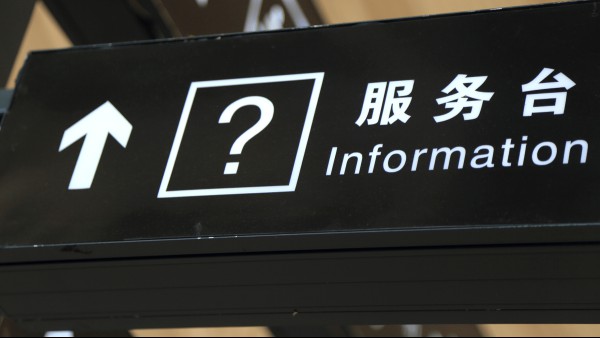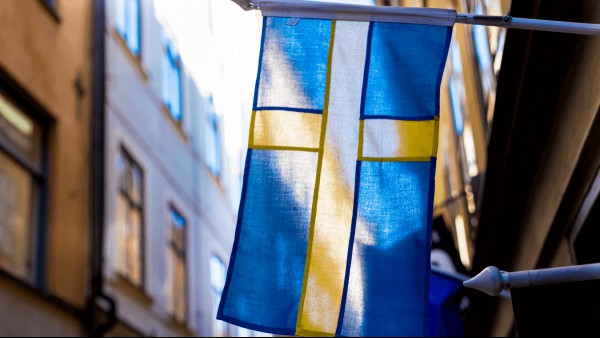How To Apologize In Polish
Running late? Stepped on someone’s toe? Breaking the news to someone that you’re all out of cake? Whether you’ve committed a grave offense against your friendship with someone or you’re merely being polite about the fact that you just interrupted them to ask for directions, there are a million reasons to learn the ins and outs of saying sorry in Polish.
Among these reasons: there’s actually more than one way to say sorry in Polish. Depending on the context or general tone of what you’re trying to express, confusing a more serious “sorry” for a more excuse me-type “sorry” might win you some weird looks.
In the interest of manners, etiquette, and feeling like a savvy tourist abroad, here are the main ways to say sorry in Polish.
How To Say Sorry In Polish
The ‘Excuse Me’ Sorry
In most day-to-day situations, you’ll probably use the following word to take the place of a casual “Sorry!”
przepraszam — sorry/excuse me (lit. “I apologize”)
Here’s how you might typically use this word in context:
- Przepraszam, nie rozumiem. — Sorry, I don’t understand.
- Przepraszam, ale ja nie mówię dobrze po polsku. — Sorry, but I don’t speak Polish so well.
- Przepraszam, ile? Czy mógłby pan powtórzyć? — Sorry, how much? Could you repeat that?
- Przepraszam, naprawdę tego nie chciałem! — I’m sorry, I really didn’t want that to happen!
- Dzień dobry. Przepraszam, ale bardzo się śpieszę. — Hello. Sorry, but I’m in a hurry.
- Przepraszam… Przepraszam… Uwaga! Mam duży bagaż. Przepraszam… — Excuse me… Excuse me… Watch out! I have a lot of luggage. Excuse me…
The Heartfelt ‘Sorry’
You probably won’t find yourself in a situation where you have to use this word too often, but in situations where a perfunctory “sorry” might not cut it, you might use this instead:
Wybacz! — Forgive me!
But be careful with this one! As is the case in English, this expression can sound a bit dramatic, and potentially sarcastic, if used carelessly. Use this one only when you mean it.
- Wybacz proszę, ale nie miałem innego wyjścia. — Forgive me please, but I didn’t have another way out.
The Sympathetic ‘Sorry’
You know how sometimes, you say “I’m sorry” in response to something someone is going through, even though you’re not the reason it’s happening? If you want to express your regret or sympathy over things you can’t control or that weren’t your fault, you use the following:
Przykro mi! — I’m sorry!
- Przykro mi, nie mamy już frytek. — I’m sorry, we don’t have any more fries.
- Przykro mi, że nie dostałeś tej nagrody! — I’m sorry that you didn’t get that prize!
- Przykro mi, ale tutaj nie można parkować. — I’m sorry, but you can’t park here.
- Przykro mi, ale nie mamy czekolady. — I’m sorry, but we don’t have hot chocolate.
- Przykro mi, ale nie ma syna w domu. — I’m sorry, but my son is not home.
- Przykro mi, moja droga. — Sorry to hear that, my dear.
…And What You Say In Response
There are a number of ways to respond when someone apologizes to you in Polish. Though it’ll be useful to have these on hand in case you’re the one who needs to respond, you should also learn the meaning behind these in case someone waves off your apology and you’re not sure what the intention behind it was.
For instance, when you want to neutrally wave aside an apology, you use the expression trudno (“tough”). This sounds kind of harsh in English, but in Polish, it sort of just means “It is what it is.” The intention isn’t to sound harsh or unforgiving, even if there’s occasionally a touch of sarcasm behind it.
- Trudno, tak już jest. — Tough, that’s how it is.
- Trudno się mówi. —What’s done is done. (lit. “Tough you say.”)
- Trudno się mówi i żyje się dalej. — What’s done is done. (lit. “Tough you say and live on,” often used as a typical sarcastic expression)
If you want to be a little more comforting toward someone and reassure them that it’s not so bad, you can use the following expressions:
- Nie szkodzi! — No harm done!
- Spoko!* — No worries!
- Nie ma sprawy! — No problem! (lit. “There’s no issue!”)
- Nie ma problemu! — No problem! (This expression isn’t as common as Nie ma sprawy, however)
*Spoko is the abbreviated form of spokojnie (“calmly”), and is primarily used among young people.





